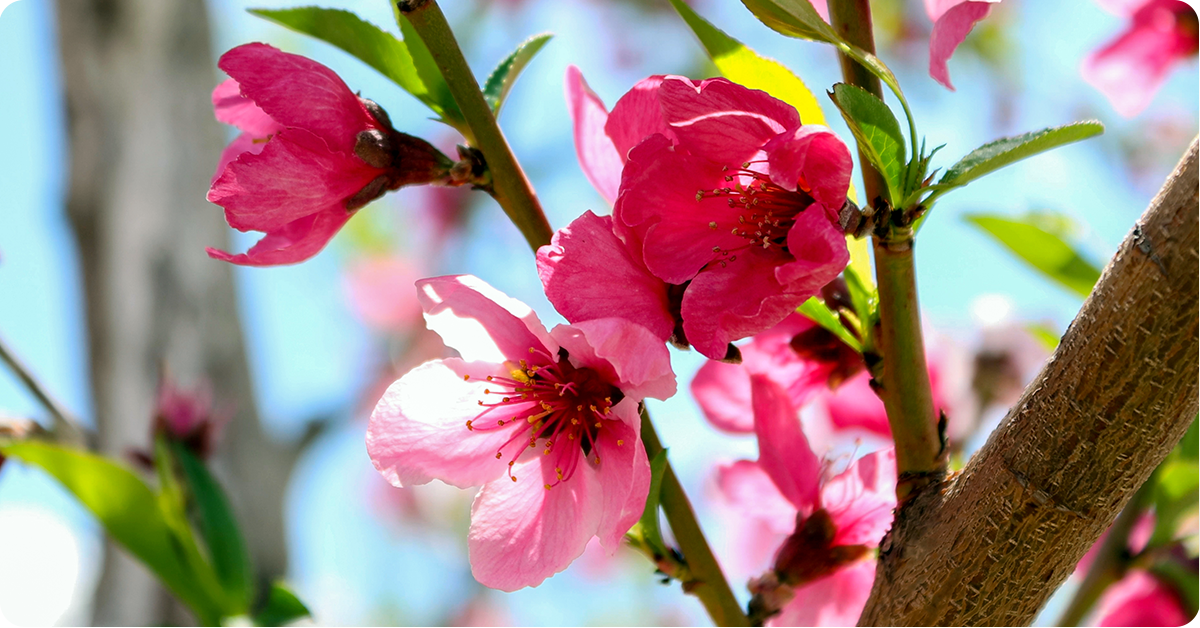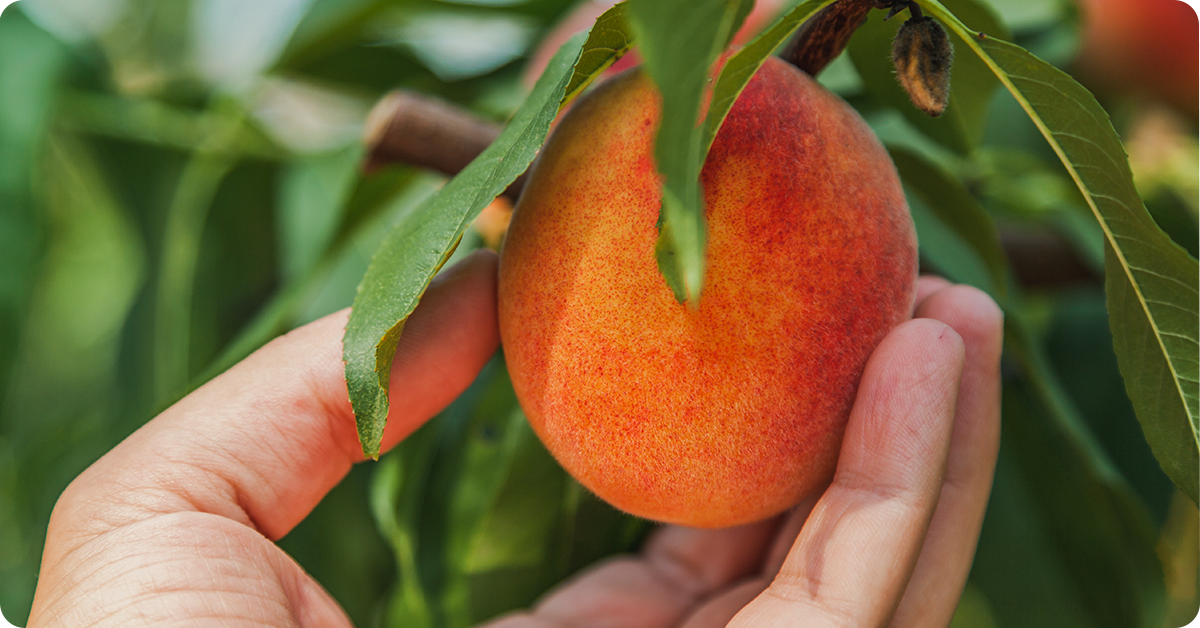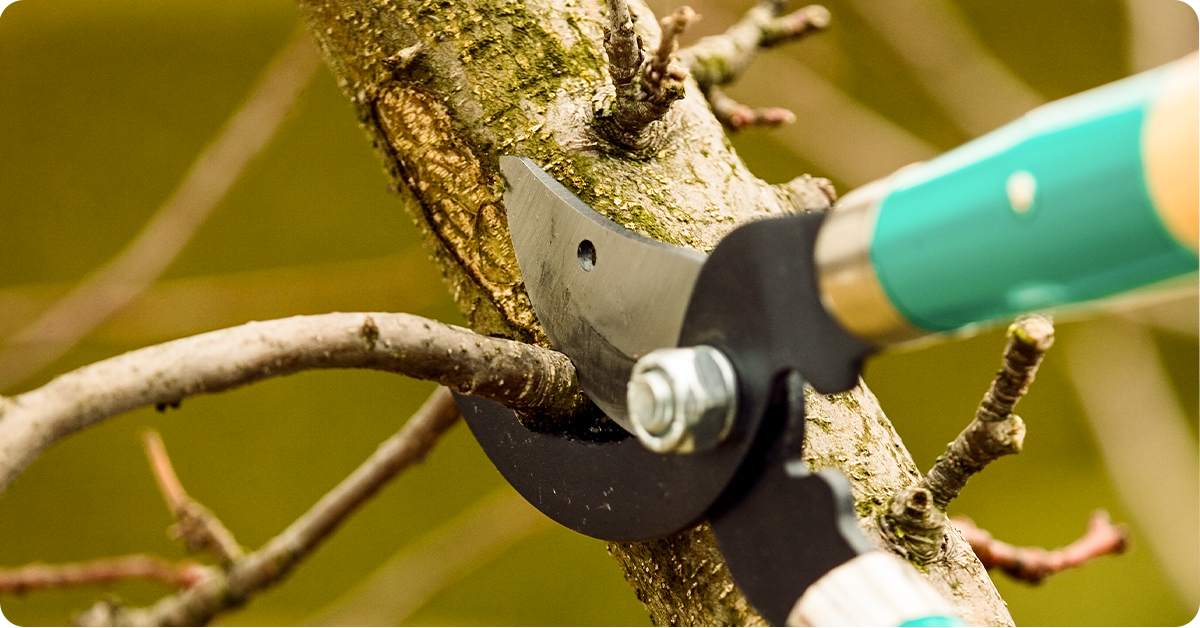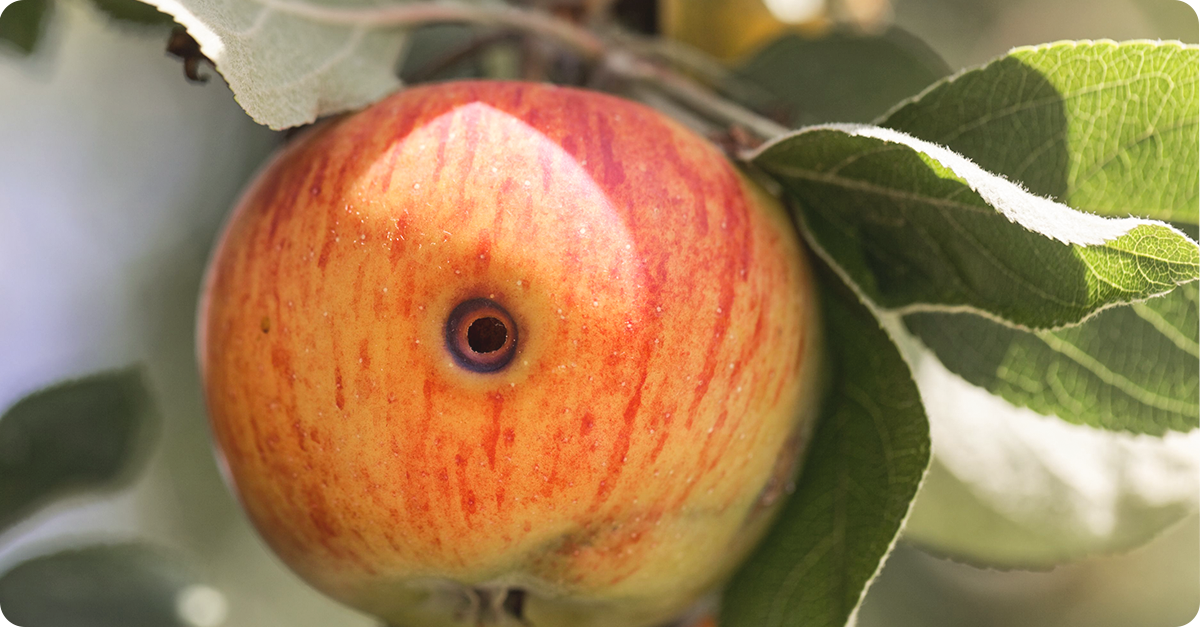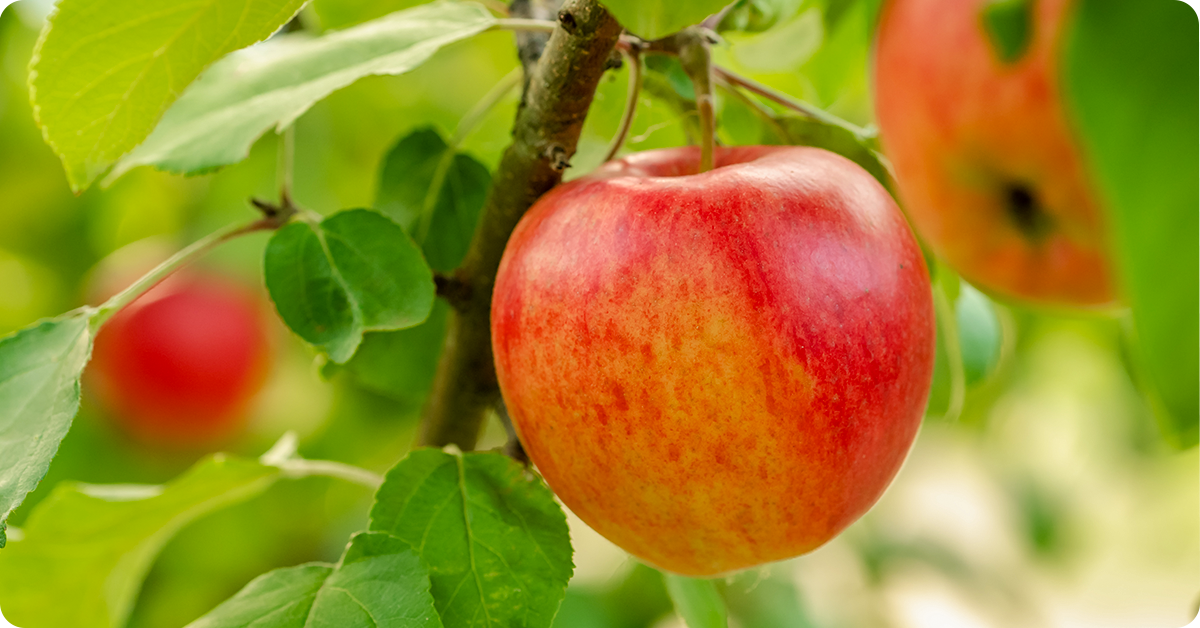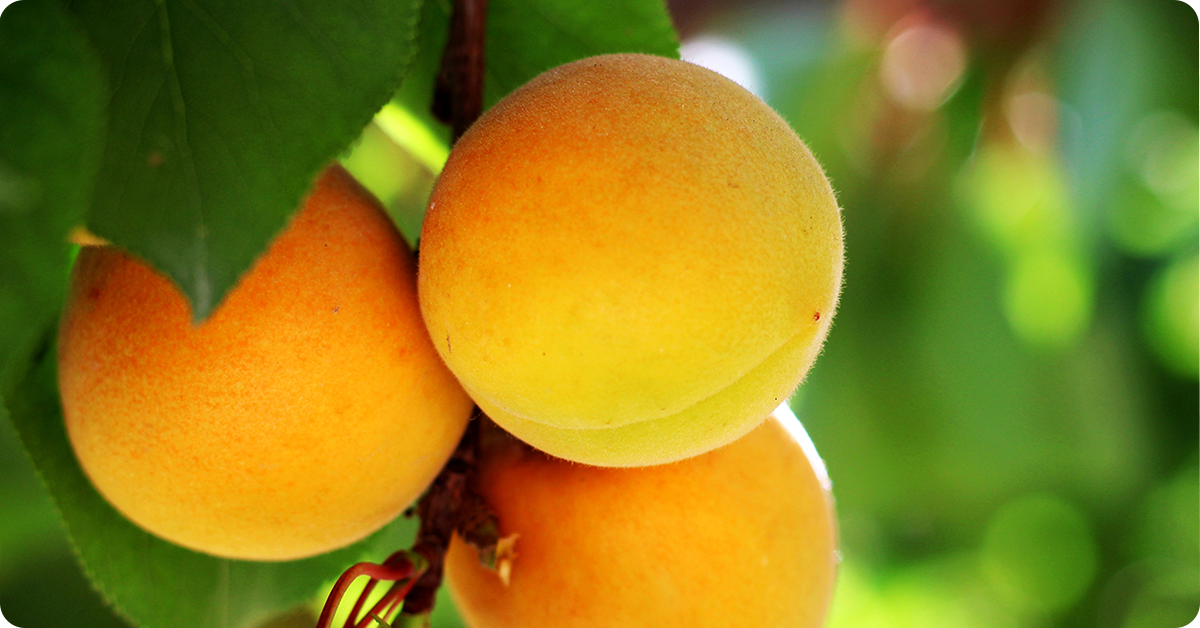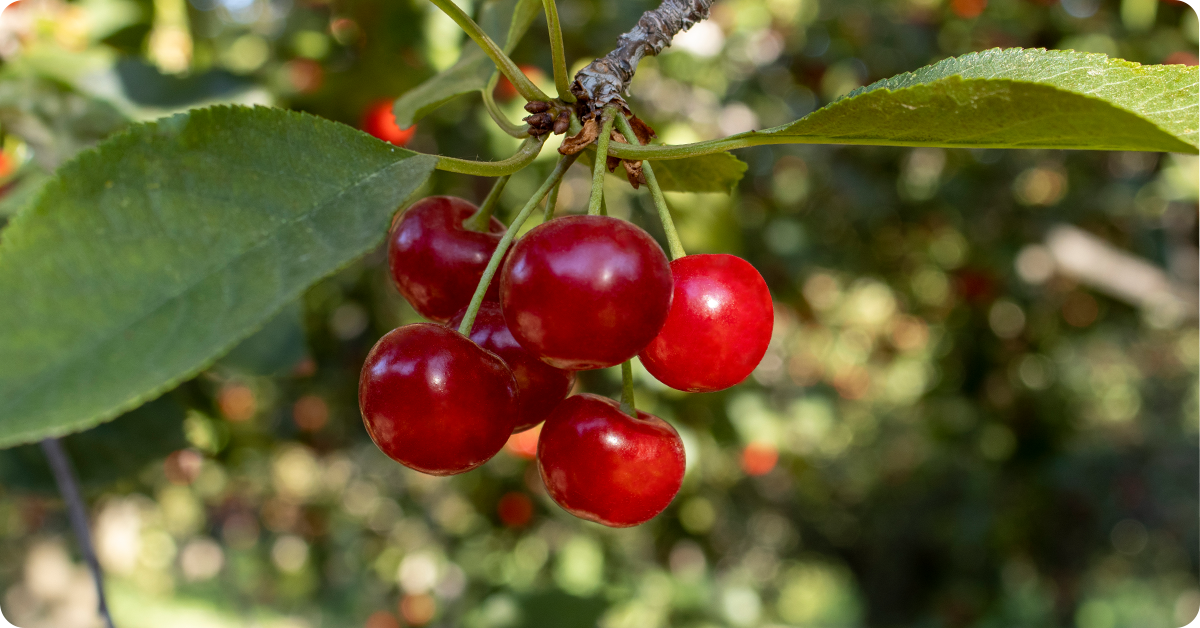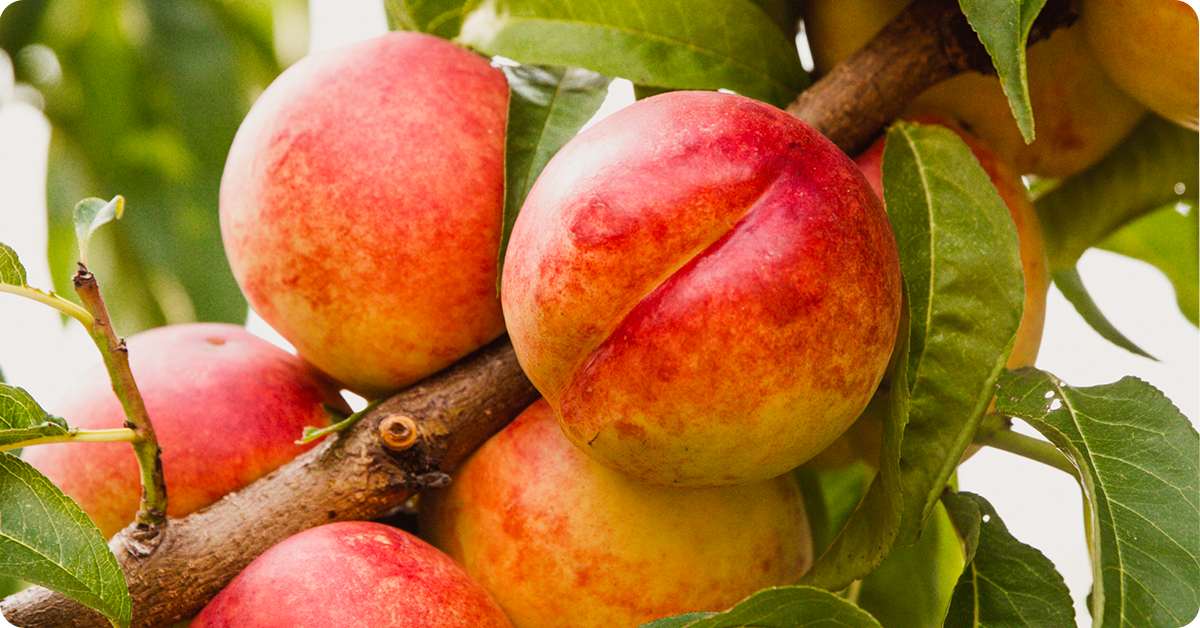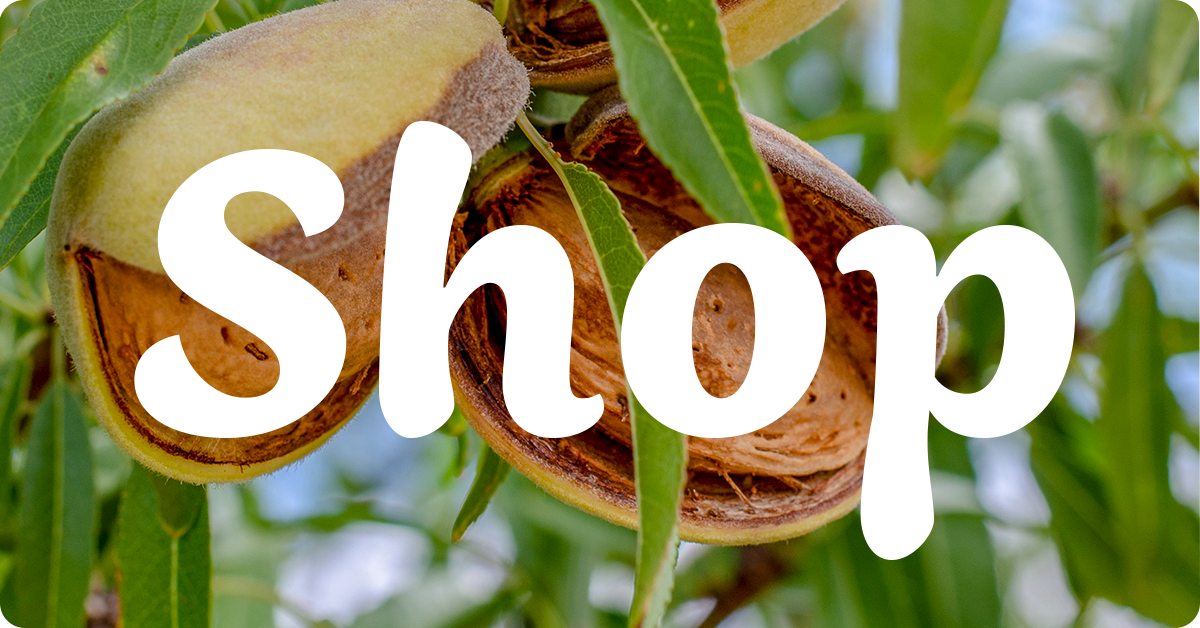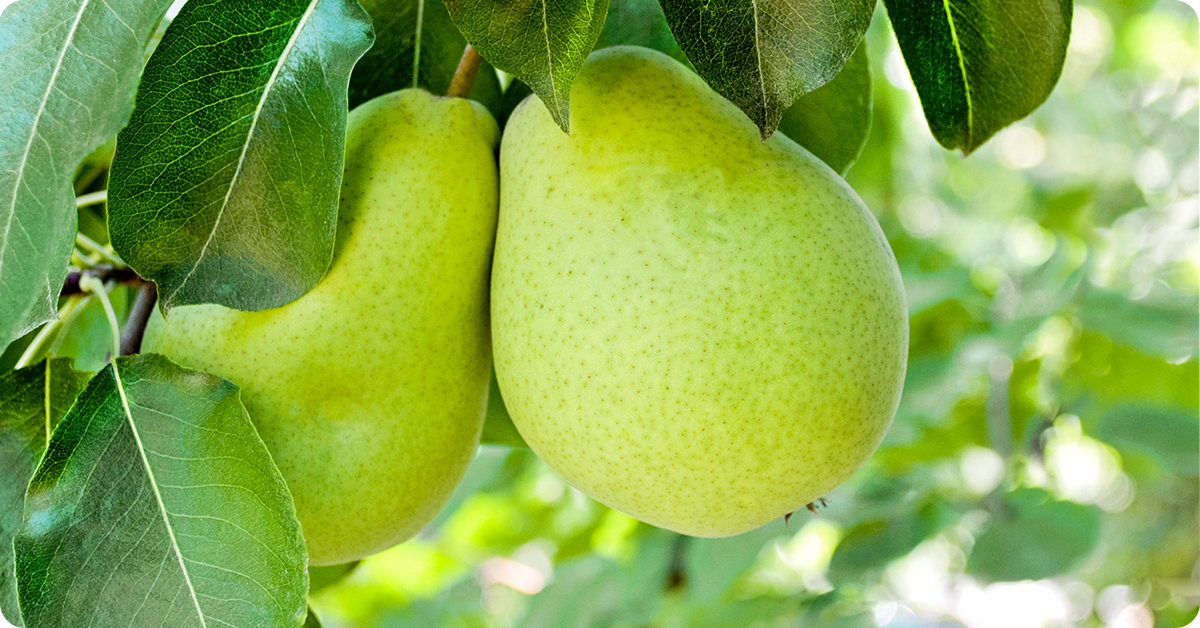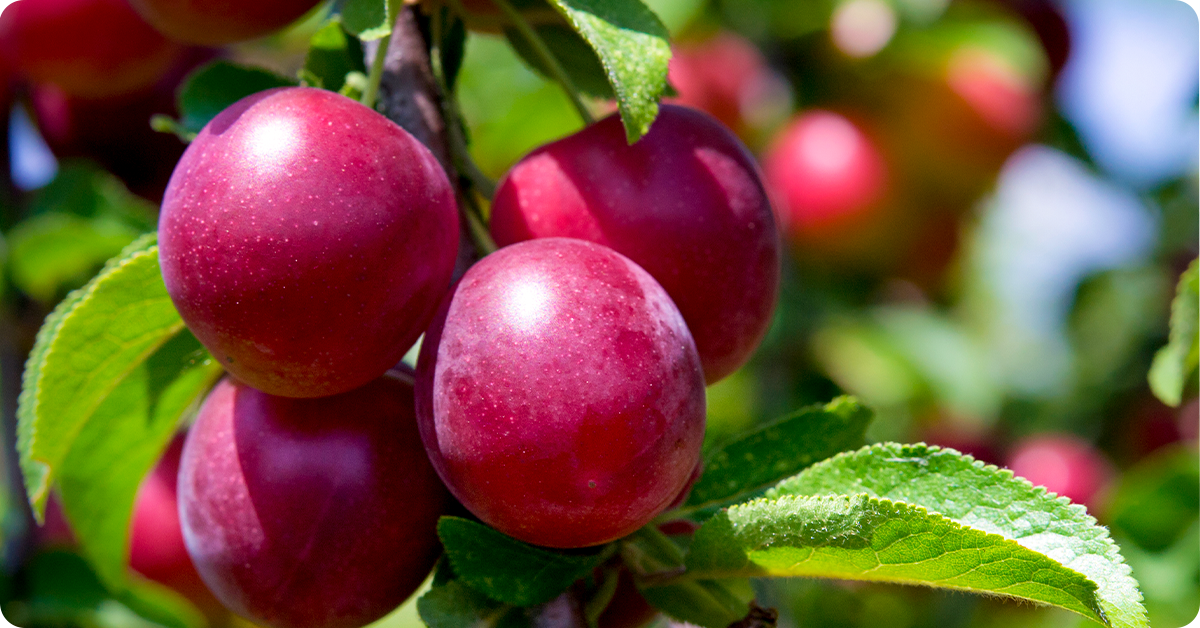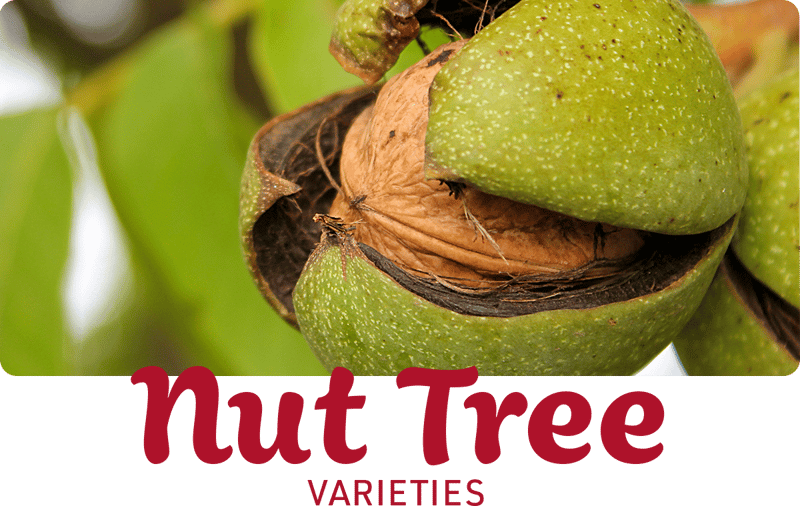
Discover the joy of transforming nuts from your own backyard into delicious snacks and tasty treats that will tantalize your taste buds and elevate your home cooking. Whether your almonds or walnuts come from a local producer or you grow them yourself, there are so many delicious ways to enjoy these nutty, earthy treats. IFA nut tree varieties are specially selected for their superb flavor and performance in our intermountain climates, making them ideal for backyard growers and nut producers. Start growing to enjoy fresh, nutty flavors at home.
All-In-One Almond Trees are known for their ability to produce a generous harvest of nutritious almonds. These nuts are not only delicious but also packed with protein, fiber and healthy fats. Unlike traditional almond trees that require specific pollinators to bear fruit, All-In-One Almond Trees are self-fertile, meaning they do not need another tree to produce almonds. This makes them an excellent choice for gardeners with limited space or those who desire a simpler approach. These trees bloom with stunning pink and white flowers in the spring, adding a spectacular display of color to your landscape.
Store fresh almonds in a freezer for up to six months. All-In-One Almond Trees are self-fertile but planting near another almond variety promotes cross-pollination and better nut set.
Characteristics:
Tree Height*: 10 feet
Tree Width: 10 feet
Rootstock: Semi-dwarf
USDA Zone: 5
Nut Taste: Sweet, nutty flavor
Nut Size: Small
Harvest: Ripens in September to October
Pollinators: Self-fertile
*Tree height and width is based on proper pruning. See growing tips>>
Hall's Hardy Almond Trees are a standout choice for both their ornamental beauty and generous nut production. Originating as a natural cross between the peach and almond, these trees boast stunning pink blossoms that herald the spring, transforming any landscape into a vibrant display of color. Beyond their visual appeal, Hall's Hardy Almonds are prized for their resilience to cold, making them a viable option for growers in climates where traditional almond varieties my stgruggle. The nuts themselves are encased in a thick shell but offer a sweet, rich flavor that is well worth the effort of cracking. Ideal for a range of culinary uses, from baking to snacking, these almonds not only enhance your garden's aesthetics but also provide a homegrown source of nutrition and taste.
Store fresh nuts in a freezer for up to six months. Hall's Hardy Almond Trees are self-fertile but planting near another almond variety promotes cross-pollination and better nut set.
Characteristics:
Tree Height*: 10 feet
Tree Width: 10 feet
Rootstock: Semi-dwarf
USDA Zone: 5
Nut Taste: Strong flavor–Great for cooking, flour & oils
Nut Size: Large
Harvest: Ripens in September to October
Pollinators: Self-fertile
*Tree height and width is based on proper pruning. See growing tips>>
Manregion Walnut Trees are a distinguished variety known for their robust growth and high-quality nuts. Not only do these trees produce a bountiful harvest of rich, flavorful walnuts, which are highly sought after for their nutritional value and culinary versatility, but they also serve as an attractive landscape addition with their majestic stature and lush foliage. Manregion Walnut Trees are renowned for their adaptability to a wide range of climates and soil types, making them a resilient choice for many environments.
Store fresh nuts in a refrigerator for up to three months or a freezer for up to one year. Manregion Walnut Trees are partially self-fertile with better nut set when another walnut variety is planted nearby.
Characteristics:
Tree Height*: 20 feet
Tree Width: 20 feet
Rootstock: Semi-dwarf
USDA Zone: 4
Nut Taste: Crunchy with a buttery flavor
Nut Size: Large
Harvest: Ripens in October
Pollinators: Partially self-fertile with better nut set when another walnut variety is nearby
*Tree height and width is based on proper pruning. See growing tips>>
Nut Tree Pollination
Nut tree pollination is a critical factor in the cultivation of healthy and productive nut orchards. All-In-One and Hall's Hardy Almonds are both self-fertile nut tree varieties, meaning they can produce nuts without another nut tree nearby. However, these trees still benefit from cross-pollination with another nut variety. Planting nut trees with a similar blooming period together invites pollinators such as bees to cross-pollinate the flowers of each tree to promote better nut set for a more bountiful harvest. Manregion Walnut Trees are only partially self-fertile. This means the they need another nut tree variety close by to promote cross-pollination and a quality walnut harvest.
Improve Nut Harvests with Multiple Trees
Integrating a variety of nut-producing trees into your yard or orchard can significantly increase your overall yield come harvest time. Planting different species of nut trees with a similar blooming period near each other promotes cross-pollination and better nut set. By carefully selecting complementary tree species, you can maximize the use of space and resources, leading to a more productive and sustainable nut production.
Get growing by reading about Backyard Fruit Tree 101, IFA's Growing Guide for Peaches, fruit tree pruning tips and insect control for fruit trees. Discover more fruit growing tips by visiting IFA's Helping to Grow Blog.
Backyard Fruit Trees 101 for Growers
Grow your own apples, cherries, peaches and nectarines right in your backyard. Learn how to pick and care for backyard fruit trees Continue >>>
IFA’s Stone Fruit Growing Guide
Grow better, more productive Stone Fruits: Peaches, Cherries, Apricots, Plums and Nectarines Continue >>>
Pruning Different Types of Fruit Trees
Annual pruning improves the overall health and growth of your fruit tree. These simple tips help add years of great fruit production. Continue >>>
Control Common Fruit-Tree Pests
Effectively manage fruit-tree pests with the right tools and knowledge. Discover five common fruit-tree pests and how to control them. Continue >>>
Looking to grow the perfect fruit for you and your family? Discover IFA fruit and nut tree picks perfect for the intermountain west.
*Availability varies by season and location.








